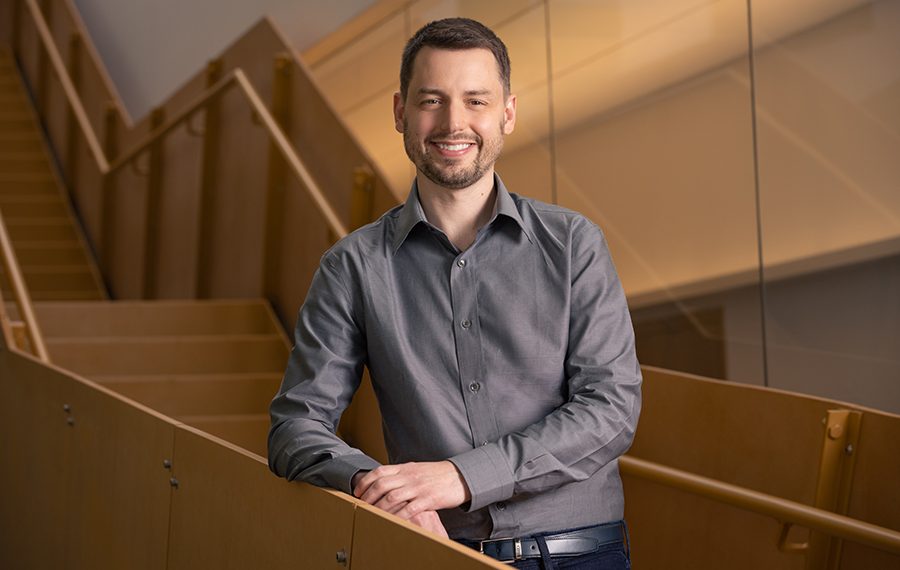In a significant move for those concerned about the ethical deployment of artificial intelligence, OpenAI has established a Safety & Security Committee. This initiative aims to scrutinize the potential impacts of new AI developments. Notably, Carnegie Mellon University’s esteemed computer science professor, Dr. Zico Kolter, is now part of this pivotal committee. Dr. Kolter has been appointed to OpenAI’s nine-member board of directors, bringing his expertise in AI safety and security to the table. As the only AI researcher on the board, his role is crucial. OpenAI board Chair Bret Taylor remarked, “Zico adds deep technical understanding and perspective in AI safety and robustness that will help us ensure general artificial intelligence benefits all of humanity.” The Safety & Security Committee is tasked with evaluating safety procedures for major AI model releases and possesses the authority to postpone launches if safety concerns are not adequately addressed. This addition to OpenAI’s governance structure reflects the ongoing debate about AI’s impact on society, spurred by the innovative capabilities of ChatGPT and DALL-E, which have transformed human-computer interaction. Dr. Kolter’s vast experience, including roles at C3.ai and Bosch Center for AI, underscores his competence in navigating the complex landscape of AI ethics and safety. His insights, shared in discussions with NEXTpittsburgh, highlight the dual nature of AI’s impact—both its practical deployment and its philosophical implications. He articulated, “It says a lot about us in how we deploy these systems and what we use them for… we likely are approaching a time where these things are going to be separate—a time where we will have systems that are undeniably intelligent. We as humans need to reckon with that.” From Briolink’s perspective, the inclusion of Dr. Kolter in OpenAI’s efforts underscores the importance of addressing AI’s ethical and practical challenges. In our experience, businesses looking to integrate AI into their operations must pay close attention to such ethical considerations to ensure responsible deployment. As AI systems become more prevalent, understanding their societal impacts is crucial for businesses to harness AI’s full potential responsibly. Dr. Kolter’s involvement assures a balanced approach to AI safety, aligning with Briolink’s commitment to providing ethical and effective AI solutions to our clients. His insights on the democratization of AI tools resonate with our vision of making AI accessible and beneficial for all sectors of society, including marginalized groups. By fostering an inclusive approach to AI development and deployment, we can collectively work towards an equitable technological future.
- AI Products
For startups
For Professionals
- AI Services
For corporations
For Goverments
For Professionals
- Consulting
For corporations
For Goverments
For Professionals
- About
- Cases
- AI Products
For startups
For Professionals
- AI Services
For corporations
For Goverments
For Professionals
- Consulting
For corporations
For Goverments
For Professionals
- About
- Cases









